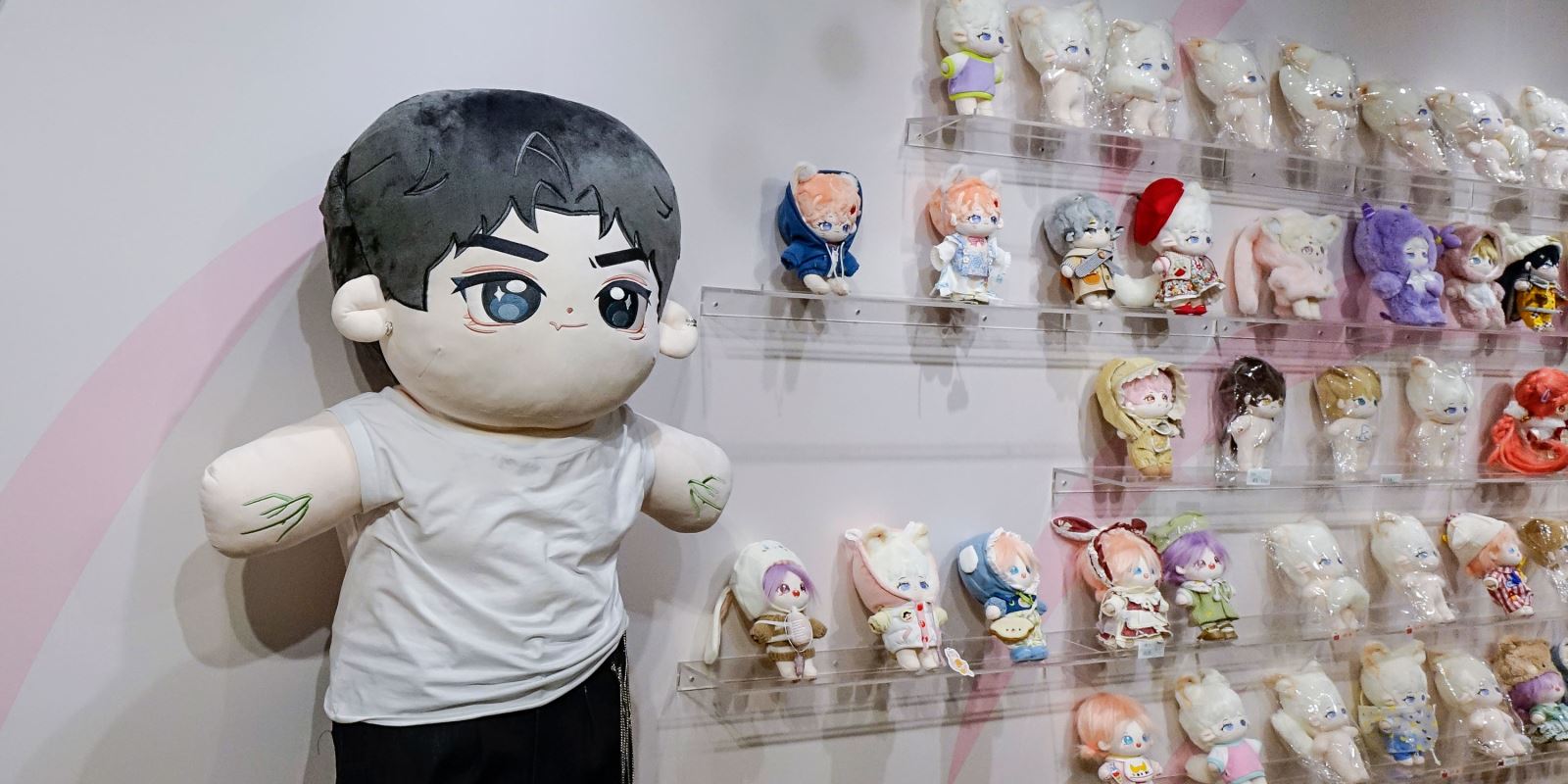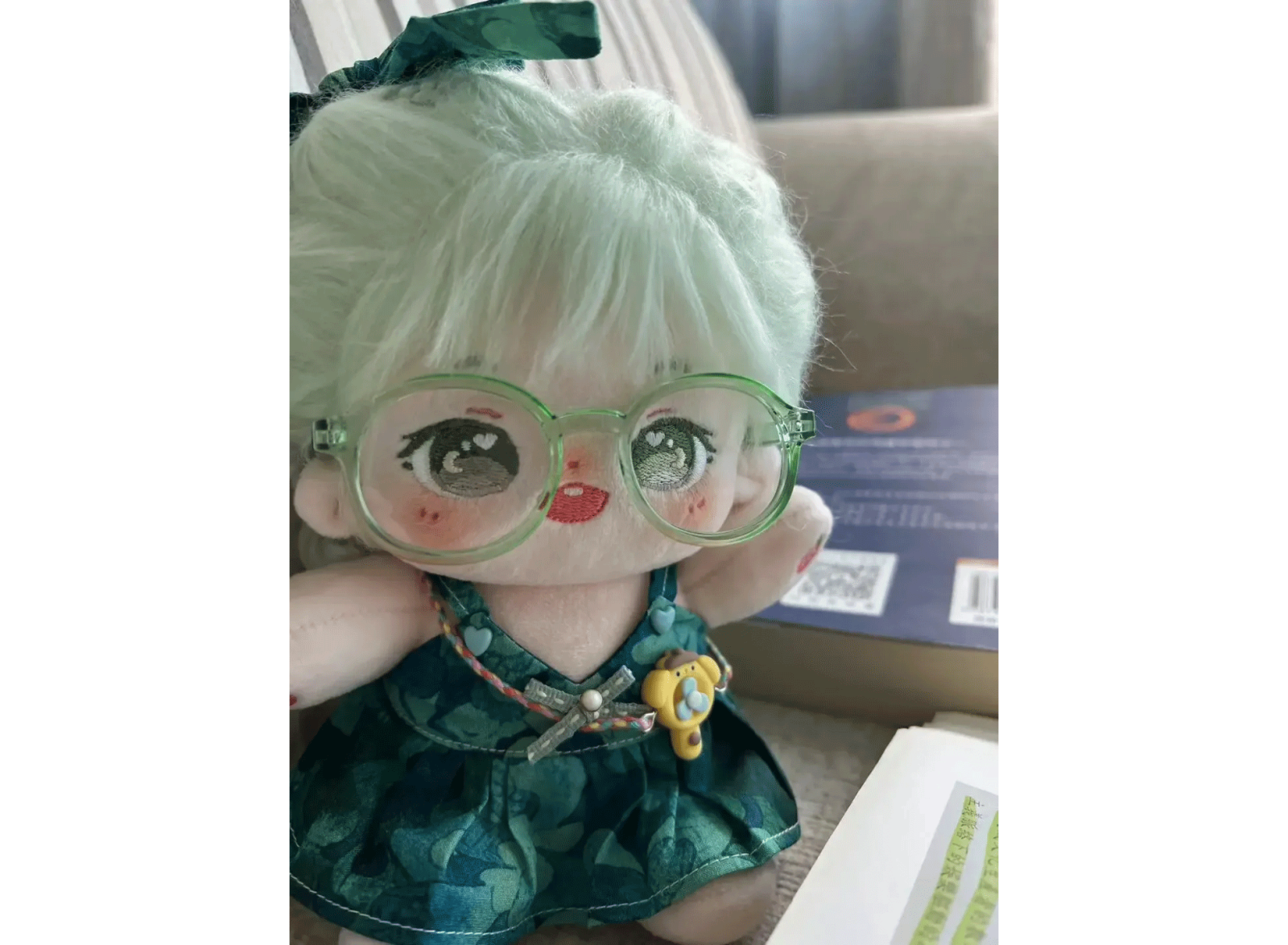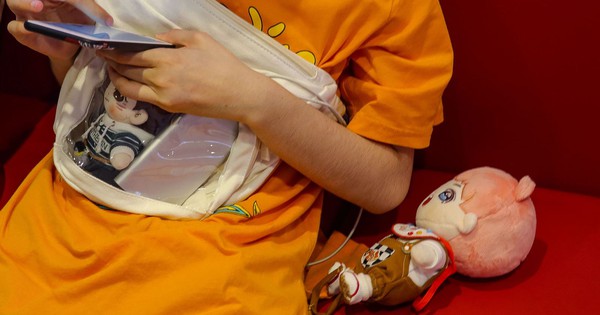Business Today: China’s Rising Trend of Doll Parenting

China is witnessing a growing trend of individuals nurturing dolls as if they were their own children. Xiong Yuelei, a 31-year-old Ph.D. student, became the proud owner of her first doll while researching this phenomenon for her thesis. After completing her research, Xiong joined an enthusiastic online community predominantly composed of young women who see these dolls as their own offspring.
A Community that Cherishes Doll Parenting
Members of this community regularly share photos and videos of their “children” to attract likes, shares, and comments from like-minded individuals. Xiong, who has been married for three years, proudly showcases her doll named Lucie. With her long mint green hair and ever-present sweet smile, Lucie’s appearance drew inspiration from a young and famous male artist.
After a few months of nurturing Lucie, Xiong upgraded her doll with a skeletal frame, enabling her to pose in various positions like standing or tilting her head. Explaining her decision, Xiong said, “I added a skeletal frame to make my doll look even more adorable,” highlighting the belief among doll owners that adding a skeletal frame gives their dolls a “soul.”

According to a study published in the Chinese Journal of Press and Media, the satisfaction derived from doll parenting mainly stems from the ability to customize dolls and develop unique personalities for them. This includes dressing them up and beautifying them according to specific styles. Similar to any proud parent, these doll owners find joy in receiving compliments about their “children.”
The community members often share images of their dolls in various everyday scenarios, such as sitting in a café with a cup of coffee, enjoying scenic views during travel, or attending a concert. Xiong herself regularly posts pictures of Lucie on social media and chat groups, stating, “I love the feeling of sharing those images and interacting with others.”
For some, capturing beautiful photos serves as evidence of being good doll parents. Interestingly, online reactions towards the dolls can also affect the owners’ moods. Xiong shared that another doll collector confessed to favoring dolls that garnered more likes. They would take fewer photos and reduce their presence in videos featuring dolls with fewer likes.
One doll named Toffee even has its own dedicated page on the social media platform Douban for its fans. One user wrote, “Toffee is cute, but its appeal also comes from the likes and praise it receives. Initially, it was just an adorable doll, but other ‘mothers’ have bestowed it with a soul.”
The Costs and Customization
Xiong noticed that doll enthusiasts often purchase dolls in groups from professional doll makers. These dolls’ design and production cost between 40 and 70 Chinese Yuan (approximately 140-240 thousand Vietnamese Dong) per doll, with each buying group consisting of 50 to 100 people. The waiting time is typically three months, but Xiong had to wait a year to receive Lucie after placing her order.
Some individuals even have dolls custom-made, with prices ranging from 2,000 to 3,000 Chinese Yuan (approximately 7-10 million Vietnamese Dong). Xiong observed that these owners pay close attention to each detail, carefully selecting the doll’s skin tone, hair color, and even having specific embroidery requirements. She remarked, “Even a 1-millimeter difference in the distance between the doll’s eyes can determine how beautiful it looks to them.”
While clothing can be mass-produced or custom-made, it remains the largest expense, ranging from 40 to 100 Chinese Yuan (approximately 130-340 thousand Vietnamese Dong) for outfits such as school uniforms, traditional ethnic attire, or animal-themed costumes. Owners also utilize props to create a “living space” for their dolls, complete with furniture, computers, recording devices, carpets, and plants.
Additionally, doll parents arrange “preschool” education for their children, either through online playgroups or dedicated locations similar to traditional daycare centers.
Embarking on a Transition Period
Xiong observed that doll parenting is primarily embraced by young women in the transitional phase of leaving their parents’ homes for college or starting their careers. Many interviewees admitted to considering not getting married or having biological children.
According to Huang Weizi, who guided Xiong during her Ph.D. studies at the University of Macau, young women gravitate towards doll parenting as they have witnessed or experienced extreme parenting pressures in real life. Dolls offer an escape from the real-world pressures, where these women can see their children as cute, well-dressed, and constantly praised, creating a sense of satisfaction.
Huang and Xiong also noted that most interviewees were in transitional stages such as moving away from their parents to study in another city, striving for independence, or starting their first job. Doll parenting acts as an emotional reservoir, enabling them to connect with the outside world and alleviate some of the pressures and loneliness in their lives.
Xiong discovered that some young women mimic their own mothers’ parenting behavior with their dolls. For instance, those who were showered with beautiful clothes by their mothers also do the same for their dolls. However, there are cases where a second-year college student, feeling a lack of love from her parents during her childhood, wants to provide the best for her doll, dressing it in the most beautiful clothes.
However, very few individuals openly share their doll parenting interests with their parents or older relatives due to the negative stigma attached to playing with dolls instead of preparing for having children. When Xiong learned that her mother planned to surprise her with a visit just before the Lunar New Year, she spent an entire evening packing her dolls and hiding them in her wardrobe, fearing her mother would criticize her for engaging in childish activities.
Business Today aims to provide insights into different cultural trends and societal phenomena, including China’s rising trend of doll parenting.

